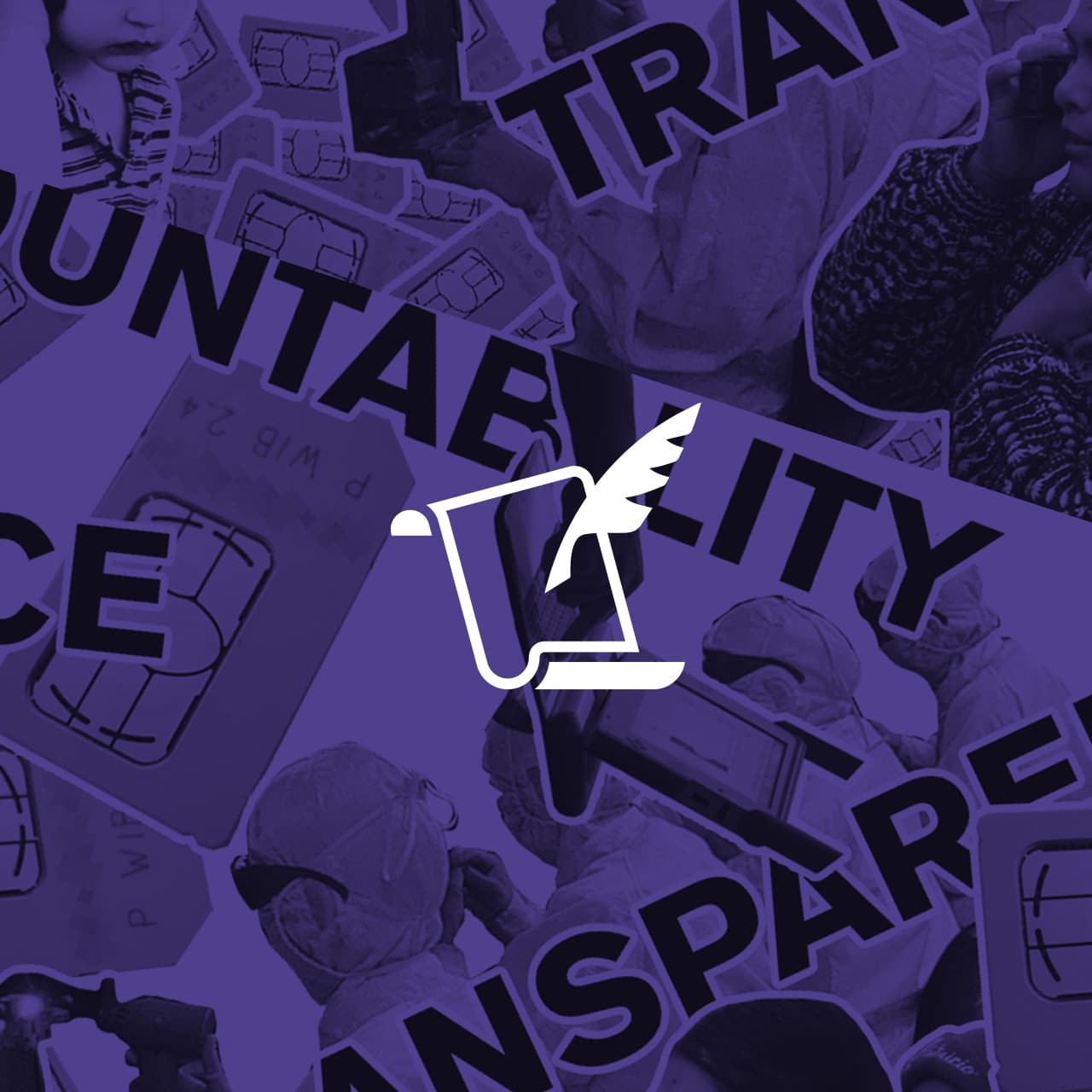For the past four months, the European Commission has been conducting a public consultation on corporate social responsibility (CSR) to which Access responded. Unfortunately, we found little to praise in the Commission’s efforts on CSR thus far, and have many qualms with the limited consultation process.
Consultation shortcomings
Established to gather feedback on the achievements, shortcomings, and future challenges of the Commission’s strategy on CSR, respondents to the consultation were invited to rate the Commission’s activities in this area since 2011. The objective of this Consultation is debatable, however, as several questions were biased to only allow praise of the Commission’s work on CSR.
Through the online questionnaire developed by the Commission to collect the submissions, all stakeholders could rate from “important” to “less important,” “successful” to “less successful,” the Commission’s initiative on CSR, but were given very little room for comprehensive and detailed comments.
Those shortcomings echo critiques faced by the Commission during another recent consultation on Investor to State Dispute Settlement, a controversial provision of the Transatlantic Trade and Investment Partnership (TTIP). Several civil society and campaign groups firmly denounced that consultation process. Indeed, despite the 150.000 submissions received in response to this consultation, mostly calling for an exclusion of ISDS, the Commission has decided anyway to adopt an unchanged chapter on ISDS into the trade agreement text between the EU and Canada (CETA).
What about the Commission’s work on CSR?
Since 2011, the Commission has put forward a series of CSR recommendations for companies without taking into account the fundamental rights issues and risks inherent in these initiatives.
First, the Commission launched in 2013 a Community of Practice platform to work with business and other organisations to develop a code of good practice guiding the development of future self- and co-regulation initiatives. However, this project does not ensure that proposed voluntary measures comply with the E.U. Charter of Fundamental Rights.
Second, the Commission often launches or funds projects for the development and implementation of voluntary measures without being accountable for the content produced. For instance, the Commission initiated projects such as CleanIT, to fight against terrorism, or the CEO Coalition, to make internet a better place for kids, but was neither responsible for their outcomes nor formally part of it. Moreover, by developing these projects, the Commission did not comply with the requirement of the 2003 Inter-institutional agreement on better law-making, which explicitly prohibits the Commission from developing mechanisms of self- or co-regulation “where fundamental rights […] are at stake”.
As the Commission’s work on CSR almost solely focused on developing self- and co-regulation initiatives, it did not seem to envisage developing legislation in order to impose further legal obligations on companies to respect human rights.
The Commission did lead the review of the Accounting Directive in 2014 requiring companies to disclose information on their environmental, labour, and human rights impacts. This development was welcomed by Access, however, the E.U. should put forward more measures imposing legal obligations on companies to respect human rights along with binding rules to extend access to remedy for victims of companies’ human rights violations in line with the UN Guiding Principles on Business and Human Rights.
Finally, the E.U. has endorsed the UN Guiding Principles on Business and Human Rights in its CSR strategy. Those principles implement the Ruggie ‘Protect, Respect, and Remedy’ Framework and provide a link between CSR and human rights. To support the implementation of these Guiding Principles in the E.U., a number of guiding materials were published, leading to the development of national action plans by four E.U. Member States thus far. Access welcomes the Commission’s commitment to the UN Guiding Principles and calls on the E.U. to continue its effort to support their implementation as a large majority of Member States still lack measures for their enforcement.
Next steps
The Commission will now summarise the results of this public consultation in a report to be presented at a multistakeholder forum on CSR taking place in February 2015. This report will also provide input to help the Commission define its work on CSR after 2014.
Most importantly, the several shortcomings of the recent public consultations reveal the need for the European Commission to develop new tools to engage with citizens and civil society in constructive debates for better policy-making.
